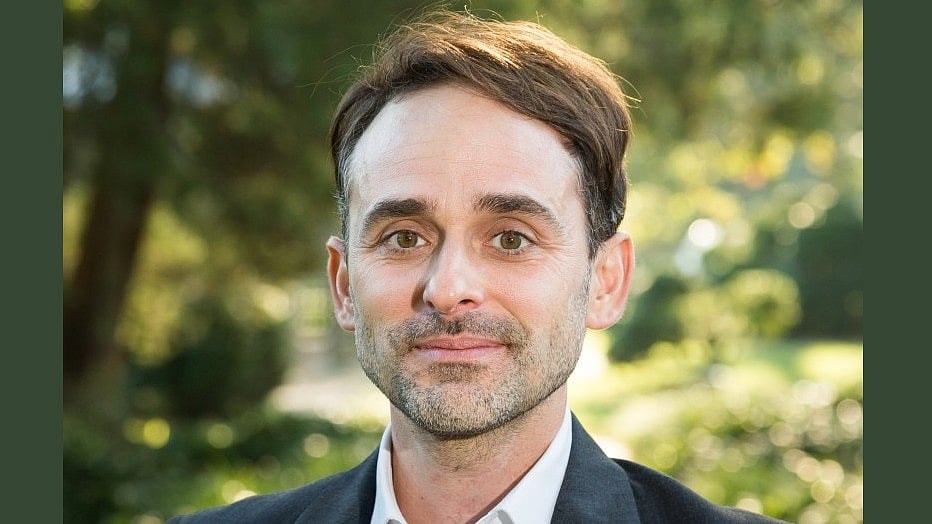Data Management
(US & Canada) VIDEO | Solid Dashboards Are Critical for Data Interaction — US Bureau of the Fiscal Service CDO
Justin Marsico, CDO and Deputy Assistant Commissioner, US Bureau of the Fiscal Service, speaks about the importance of data integrity, dashboards for data interaction, the human capital challenge, and the strategies to overcome them.
Written by: CDO Magazine Bureau
Updated 6:34 PM UTC, January 11, 2024

Justin Marsico
Justin Marsico, CDO/Deputy Assistant Commissioner, U.S. Bureau of the Fiscal Service, speaks with Bill Sullivan, VP and General Manager for US Federal, Denodo, in a video interview about the importance of data integrity, building dashboards for data interaction, the human capital challenge, and the strategies to overcome them.
At the outset, Marsico emphasizes the importance of data integrity and outlines the measures the Fiscal Service takes to ensure data integrity. He notes that the department collects data from the records stored in the agency’s financial systems and also from the Fiscal Service’s system.
This allows the Bureau of Fiscal Service to get a picture of what the government is doing. Marisco notes that the rules around the data elements and proper validation must be particularly clear while collecting data from agencies. This allows the agencies to know if there is a problem with the data so that they can address it before it ends up in the Service’s system, causing issues.
“Have active relationships with individuals who provide information.”
Justin Marsico | CDO & Deputy Assistant Commissioner, U.S. Bureau of Fiscal Service
Further, Marsico emphasizes the importance of active relationships and communities with all individuals who provide information. He recognizes the unique circumstances of each agency, noting the diversity in mission and execution.
He explains that bringing people together to discuss their data, financial information, and outcomes, is key to understanding what needs to be collected, how much needs to be collected, and where to get the information from. Marisco recommends that all parties regularly come together to reach an outcome that is agreed upon.
Moving forward, he discusses working on a project to ensure manageable usage of technology. He explains that to achieve this, he is collecting internal data and making it easier to analyze, to facilitate decision-making. To do this, the organization has been building a data lakehouse environment using AWS and various native tools, while also leveraging Python and SQL to build and aggregate data for analysis.
“Understand how to construct effective dashboards.”
Justin Marsico
Additionally, Marsico highlights the importance of having a solid dashboard delivery mechanism for executives to interact with data. He insists on forging an understanding of how to construct effective dashboards, filled with the right amount of information, that are updated and resilient.
Commenting on human capital, he states that the challenge of getting good people is difficult and time-consuming, requiring him to strategize and execute the recruitment process. He highlights that the organization does not have the most competitive salaries compared to the private sector but what it can offer is a fulfilling mission and the chance to do a lot in a short period.
To help attract candidates, one of Marisco’s strategies is to ensure they have excellent products. When people view the public materials on USAspending.gov, they should have a thought-provoking experience that encourages them to consider a job with the federal government.
Furthermore, he states that another strategy to attract and retain talent is by promoting the workplace. Recalling his time at a conference, Marsico shares that somebody saw his badge with the logo of the US Bureau of Fiscal Service and remarked that they found the Bureau to be interesting. Through the story, he states that the goal is to make sure that people associate the organization with a good mission that produces quality work.
Thereafter, he affirms that he is hiring accountants and is striving to employ more individuals with data science profiles. He states that there were no data science degrees when he started, and companies hired talent from diverse backgrounds like statistics, economics, quantitative social science, computer science, and accounting.
However, the organization is now hiring individuals with degrees in analytics and data sciences, which is an incredible asset to bring to the table, concludes Marsico.
CDO Magazine appreciates Justin Marsico for sharing his insights with our global community.


